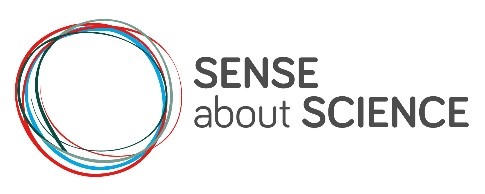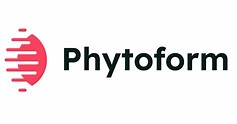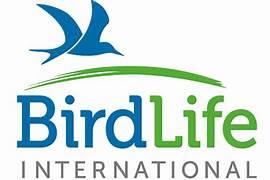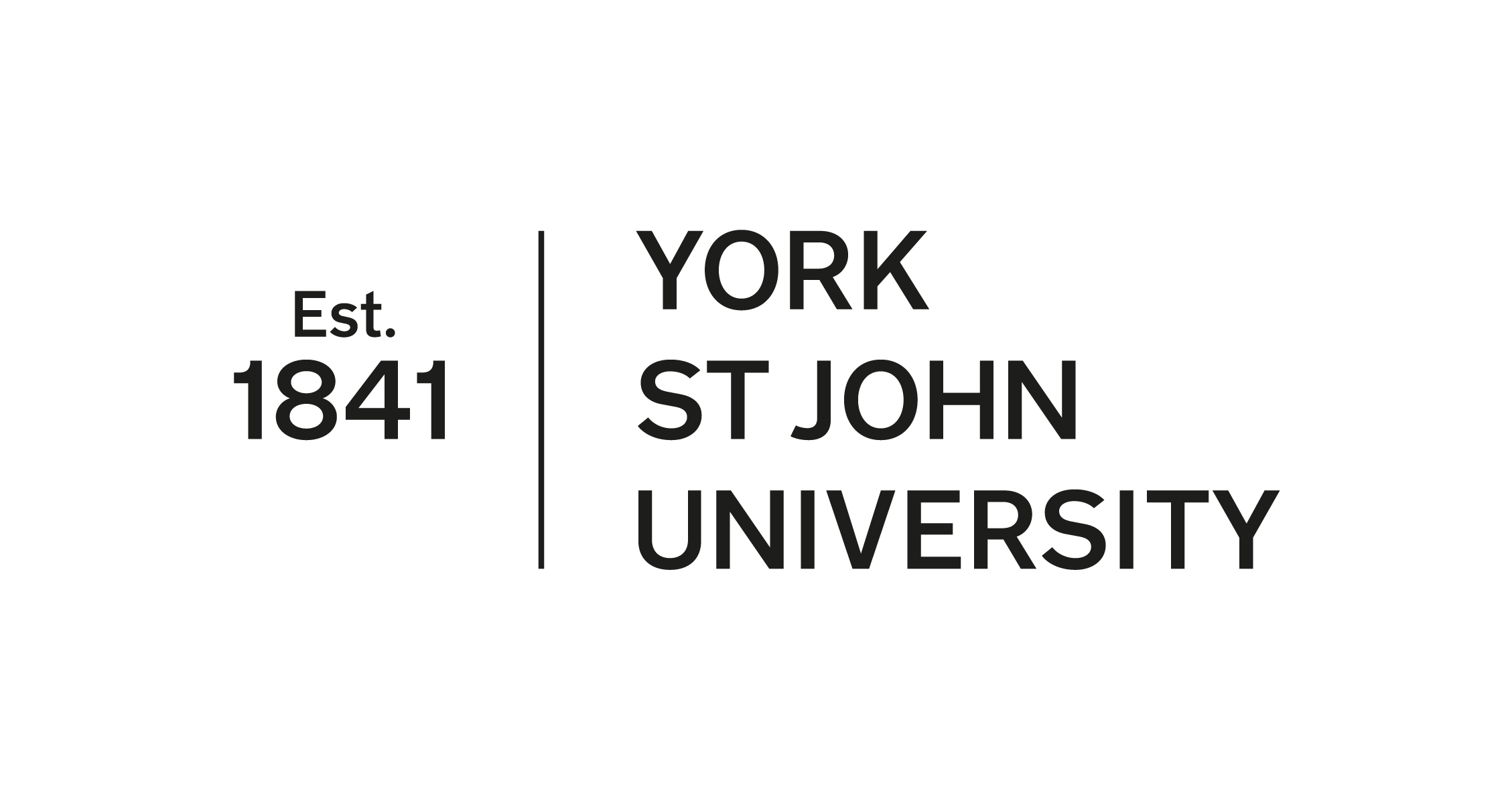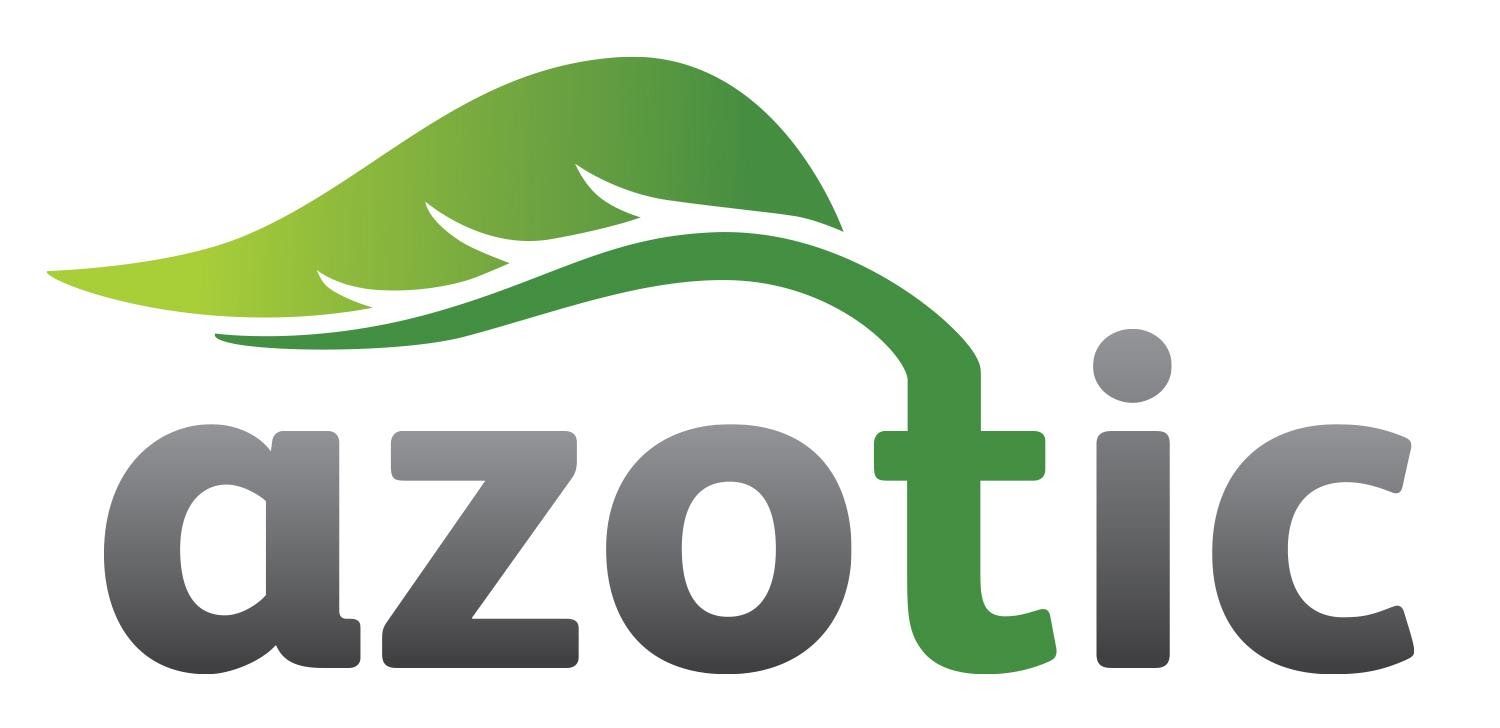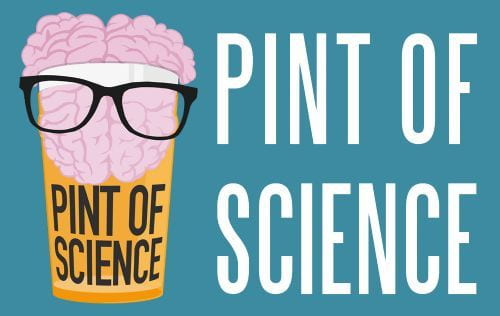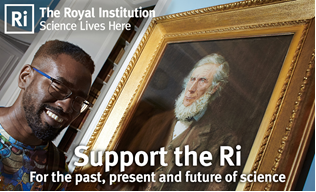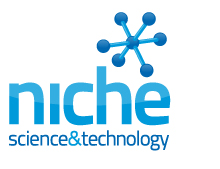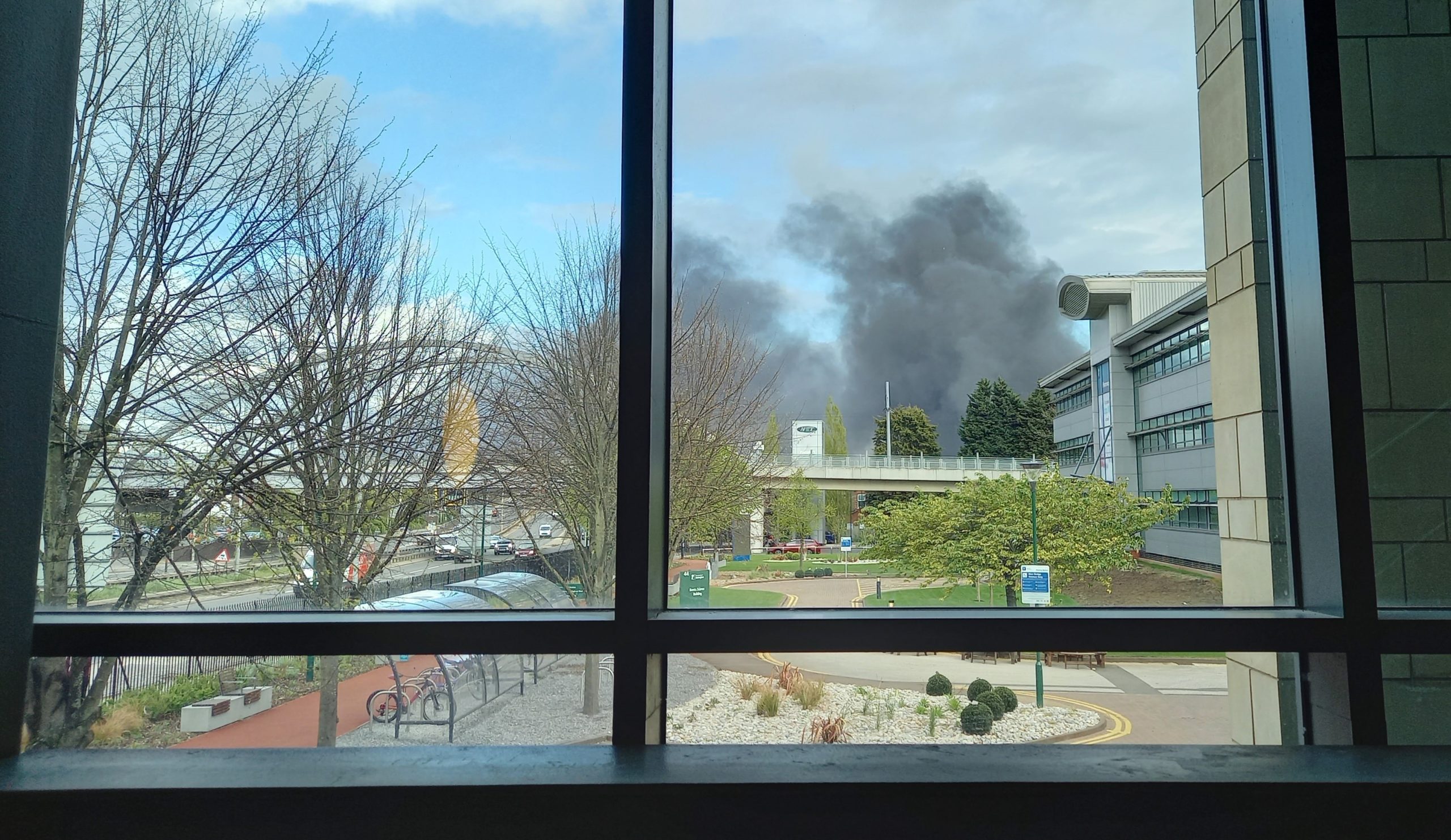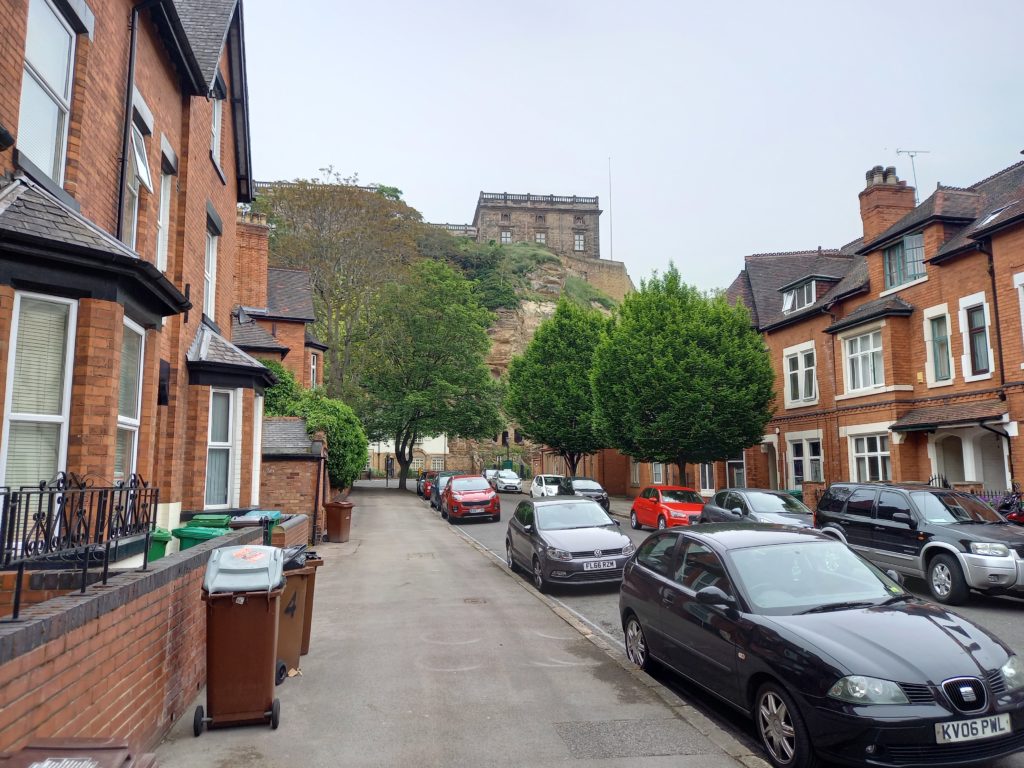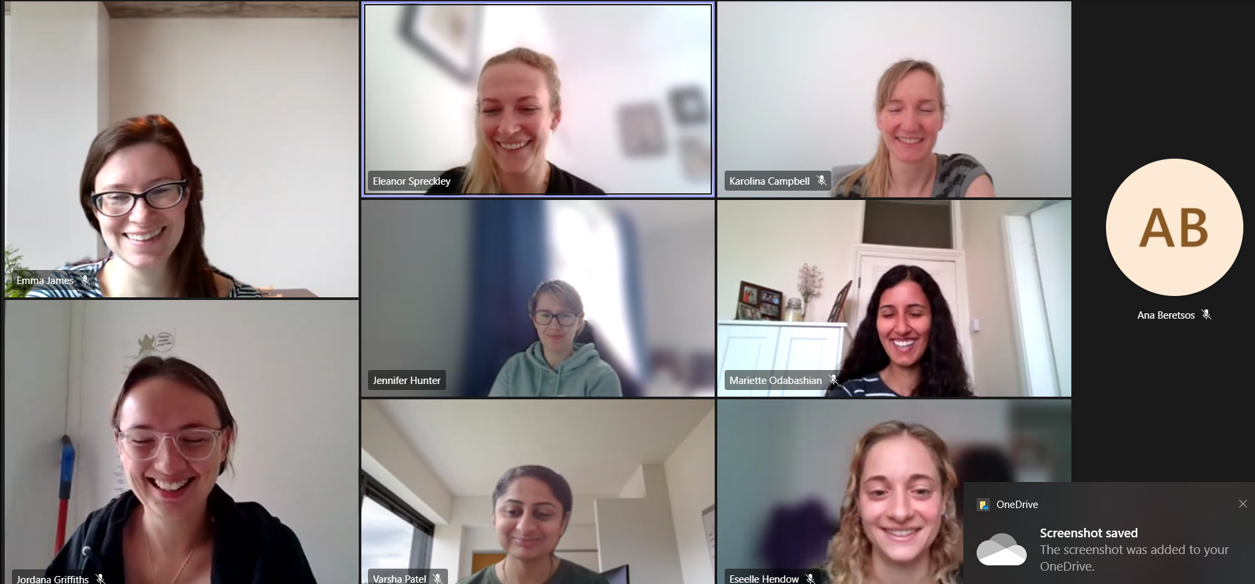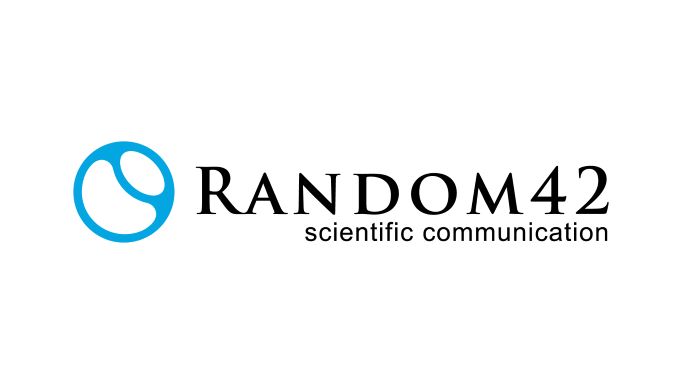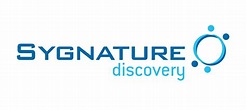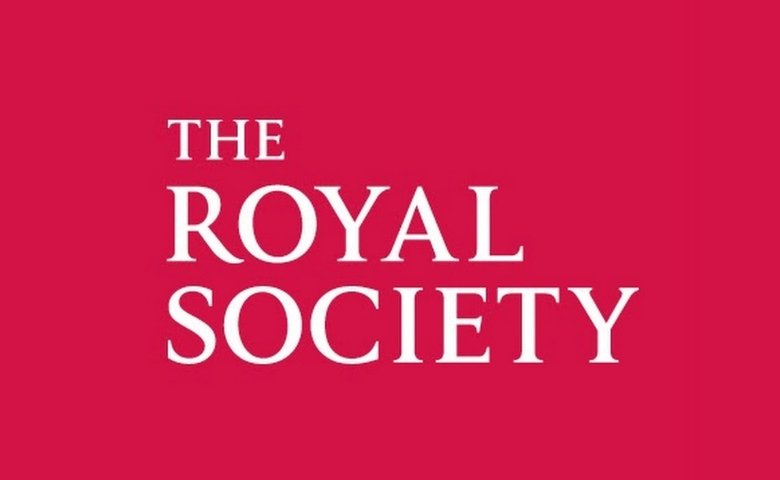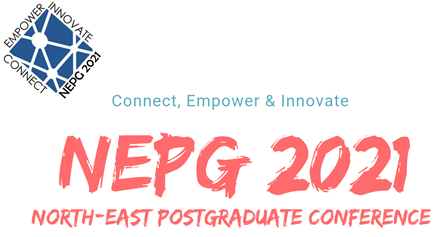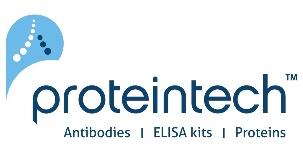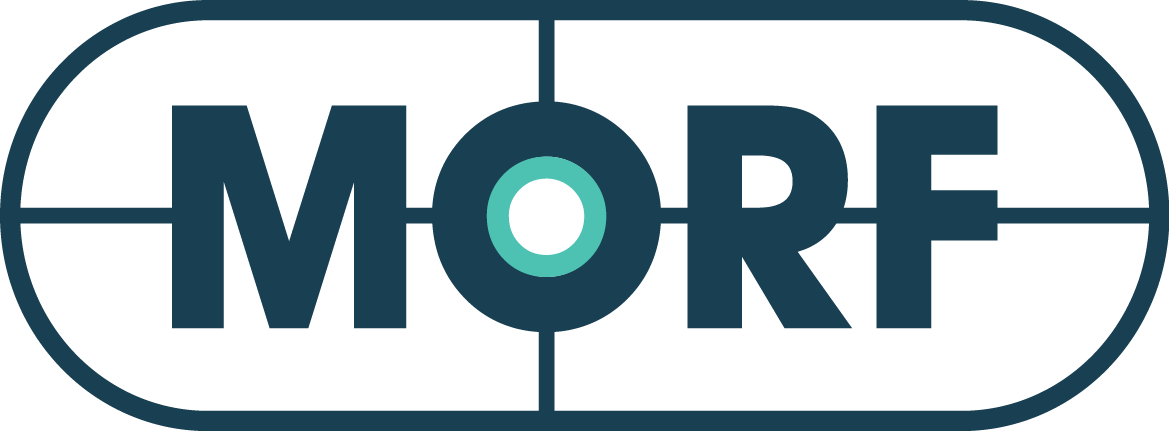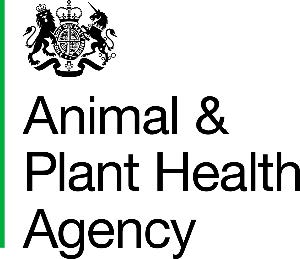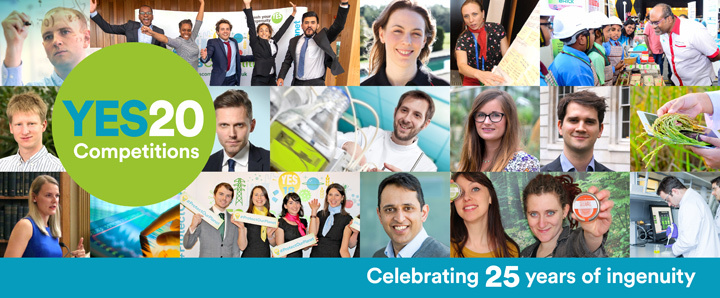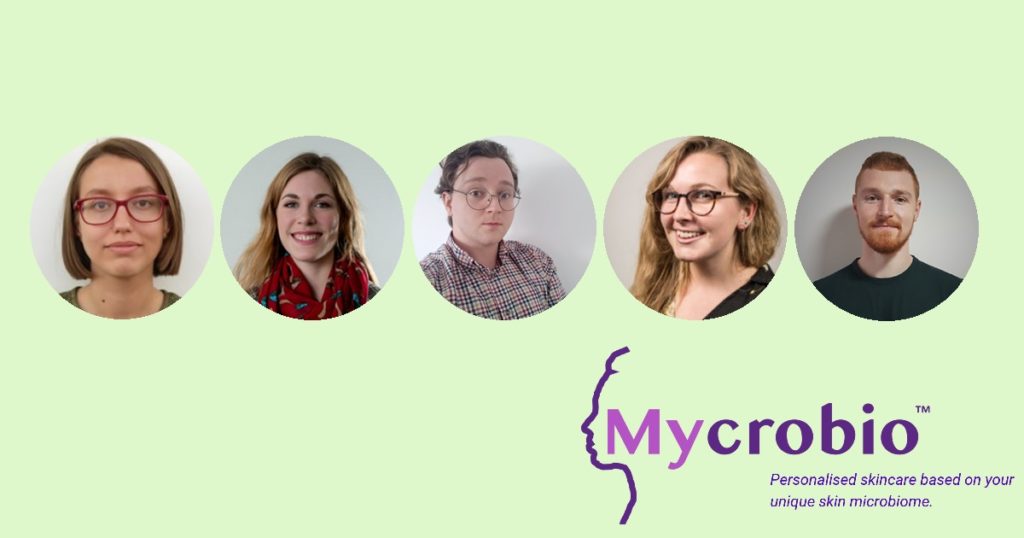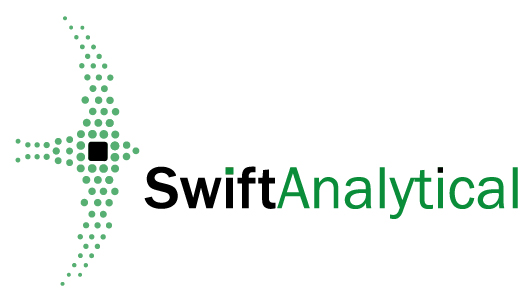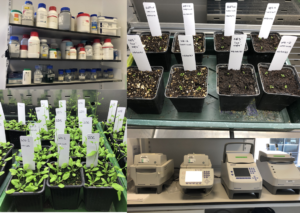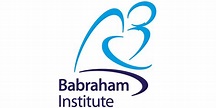Alina Capatina, a third-year student at the University of York, completed her 3-month placement at Random42, a medical communications company situated in central London, specialised in producing 3D medical animations, documentary films, augmented and virtual reality as well as interactive experiences. The placement was completed remotely due to the COVID lockdown.
The featured image is a screenshot of Alina with her PIPS colleagues in an online team meeting.
What did you do?
During my placement I worked as part of the science team at Random42. I was sitting on client calls and taking notes regarding the scientific background of their desired animation, recording their visual and design preferences, as well as keeping track of their timeline and key deadlines. I was also in charge of doing the scientific research for several different projects and putting together scripts, which included both the narration of the animation and the scene directions.
Once the scripts were approved by the client, I would be in charge of designing a storyboard that would visually represent the content of the script, allowing the production team to understand the dynamics of the animation. This was particularly challenging, as scientific accuracy regarding not only the crystal structure of the proteins involved, but also their correct topology (e.g. for membrane proteins), was required.
Additionally, I also had the opportunity to record several voice-overs that would be added to the videos, until the animation was finalised, to help the production team synchronise the text and the visuals.
Overall, the placement allowed me to experiment with a variety of activities, each of them involving a different set of skills. I was thus able to become more flexible and self-confident and I learned to adapt very quickly, not only to different research topics, but also to different tasks, in order to complete my work as quickly and efficiently as possible.
What made you want to do that particular placement?
My current PhD project is entirely lab-based and during my undergraduate degree I completed several lab-based summer internships, in an academic context, as well as a 12-month industrial lab-based placement. Therefore, I do have experience with experimental work, and I love being in the lab, which is why I thought that I should take advantage of the PIPS opportunity in order to experience something that is still related to science but that is completely different from what I have been doing so far. I am also a relatively quiet, introverted, and creative person that does not enjoy the spotlight that much, but prefers working behind the scenes. So, I thought I would look for a placement that would allow me to employ and develop my non-lab related skills.
When I discovered Random42, I instantly knew it was the right opportunity for me, it was a chance for me to be creative, play with images and put together stories, while learning more about different scientific topics. I saw a chance to use my scientific background to make information more accessible to the general public in a fun way. The work I have been doing at Random42 taught me to always question (‘What is the final purpose of my research?’, ‘How is it going to impact people?’), as well as reminding me that I should not get caught up in little details, but always try to detach myself and see the bigger picture. It was an extremely valuable experience both on a personal and a professional level.
How did you go about finding and planning your PIPS?
For me, the process of finding my placement was very short and straightforward. I started by looking at the list of places where other WR DTP students have completed their PIPs in previous years, and that is where I found Random42. I spent a few good hours reading about their work on their website, had a look at some of their videos, I even watched a documentary that they contributed to, and I really liked their work. So, I sent an email to them with my CV, expressing my interest in their company. On the same day I got a reply saying that they would be very happy to have me. Just before completing all the paperwork, I also got in touch with the student who completed her PIPS with this company the year before, and she had very good feedback about the work and the people working there. That gave me a lot of confidence about the company, so I decided to go through with the paperwork and in the end it all turned out very well.
What have you gained from doing your PIPS?
I really enjoyed my PIPS, mostly for the fact that it allowed me to experiment with a variety of activities that are very different from my daily lab work. I think one of the most important things that I gained from this placement was more self-confidence. In this placement I was put in a completely new environment with completely new tasks and I had to learn and adapt very quickly, and complete all my work according to specific deadlines, which would often change throughout the day. It was a type of work that required a lot of flexibility and plasticity as well as teamwork and good communication with supervisors and co-workers. The fact that I managed to face this challenge in a way that made my supervisors very happy, and the fact that I felt valued and appreciated for my work, gave me great confidence in my skills and knowledge, and I became more open-minded and braver in terms of my aspirations regarding future career choices.
How would you sum up your PIPS experience?
One known fact about our memory is that we tend to forget actions and facts, but we always remember how something, or someone, made us feel. Therefore, if I was to sum up my placement experience in a way that is meaningful to me, I would say: exciting, creative, empowering, and eye-opening.
What advice would you give to other PGRs about PIPS?
I think it is very important to make the most out of every opportunity we have. I m very happy working in the lab right now, but that might change in the future, and I wanted to use this PIPS opportunity to research what else it is out there that I could happily do. I think the best advice would be to try and use the PIPS as a chance to learn more about yourselves, see what else you like, get out of your comfort zone, and just try something different. It is an amazing opportunity to experience because you have nothing to lose, but you might just gain a lot more than you think.
Editor’s Note: You can find information on how to apply to do your PIPS with Random42 here.

